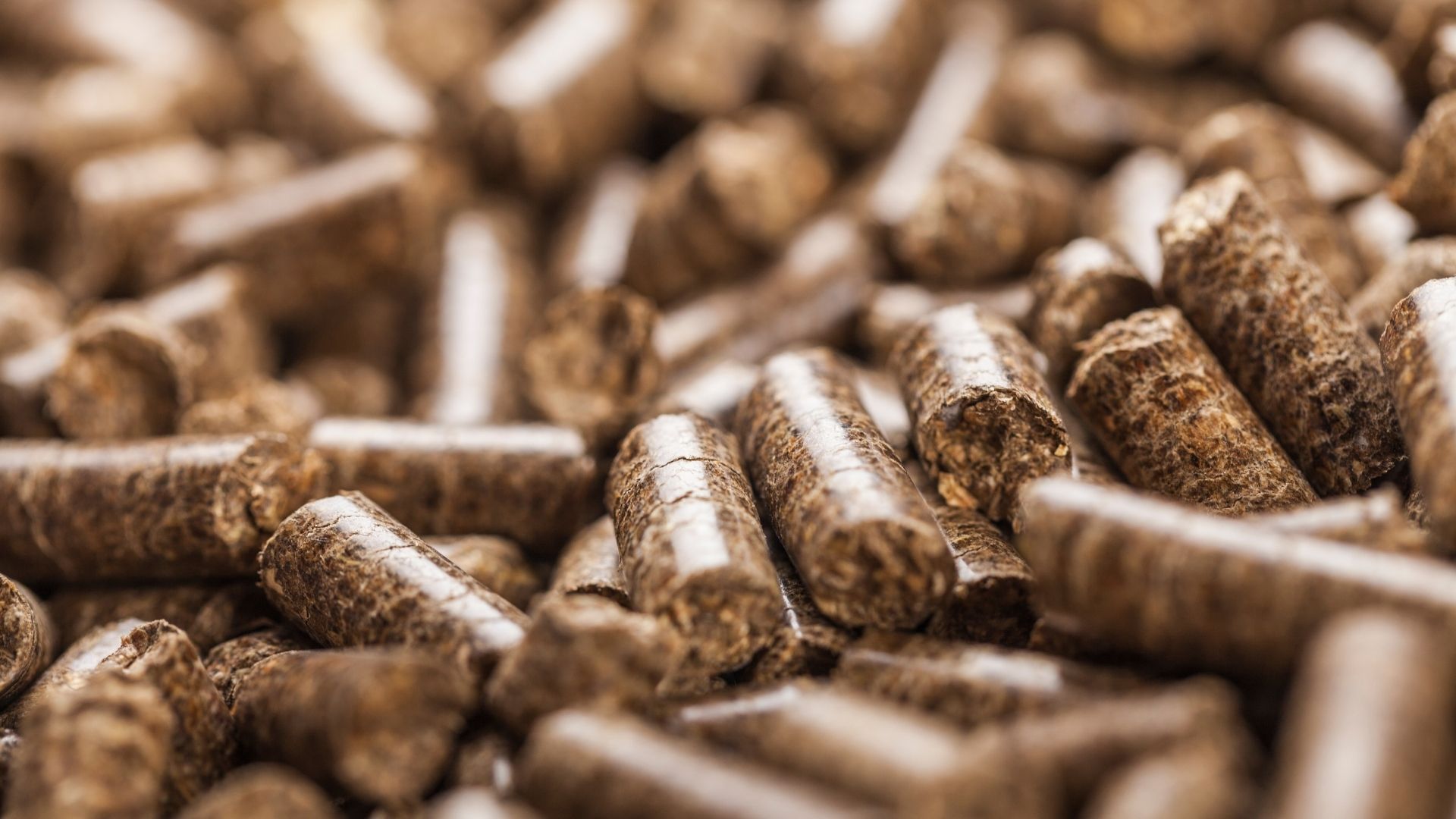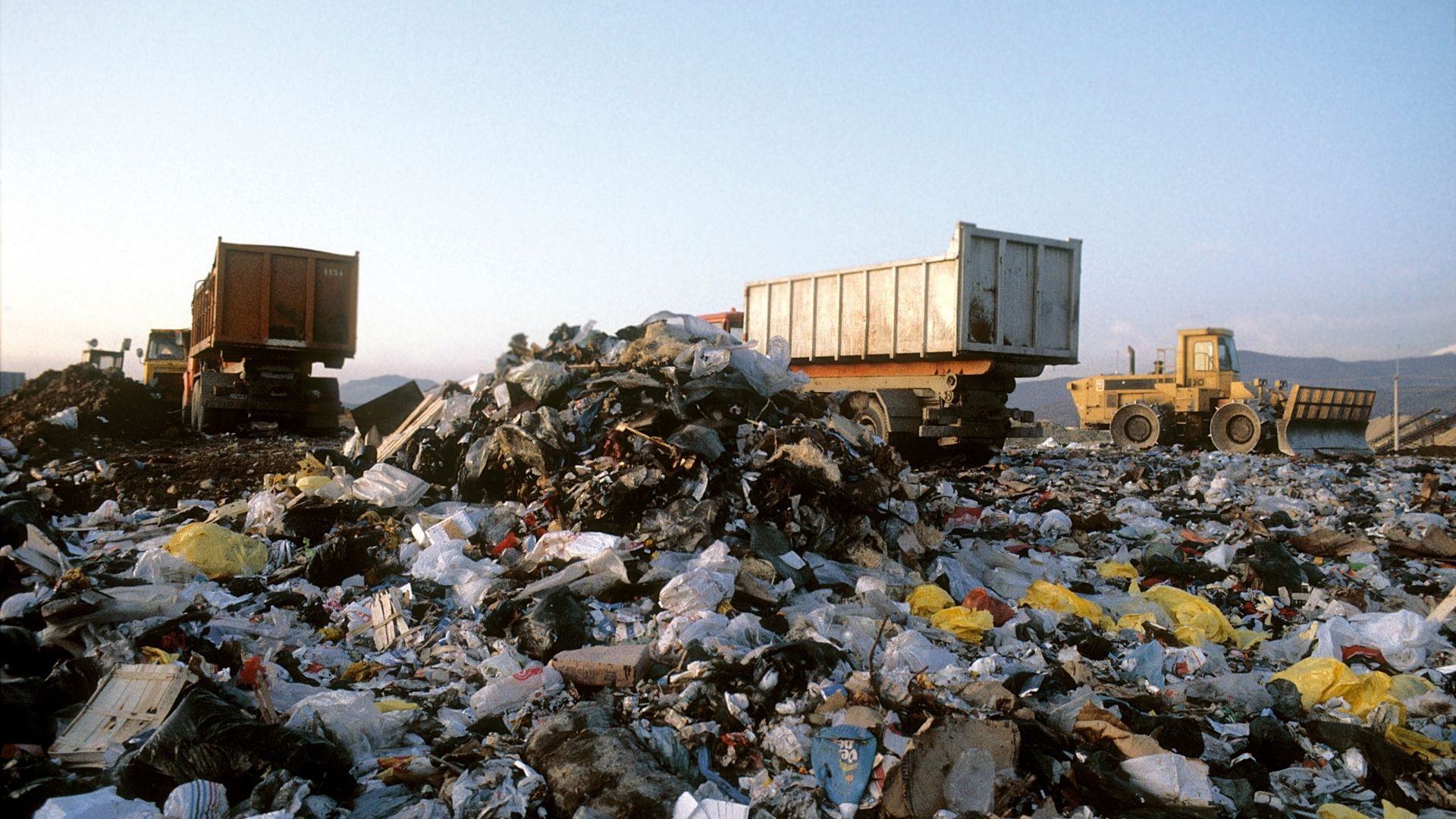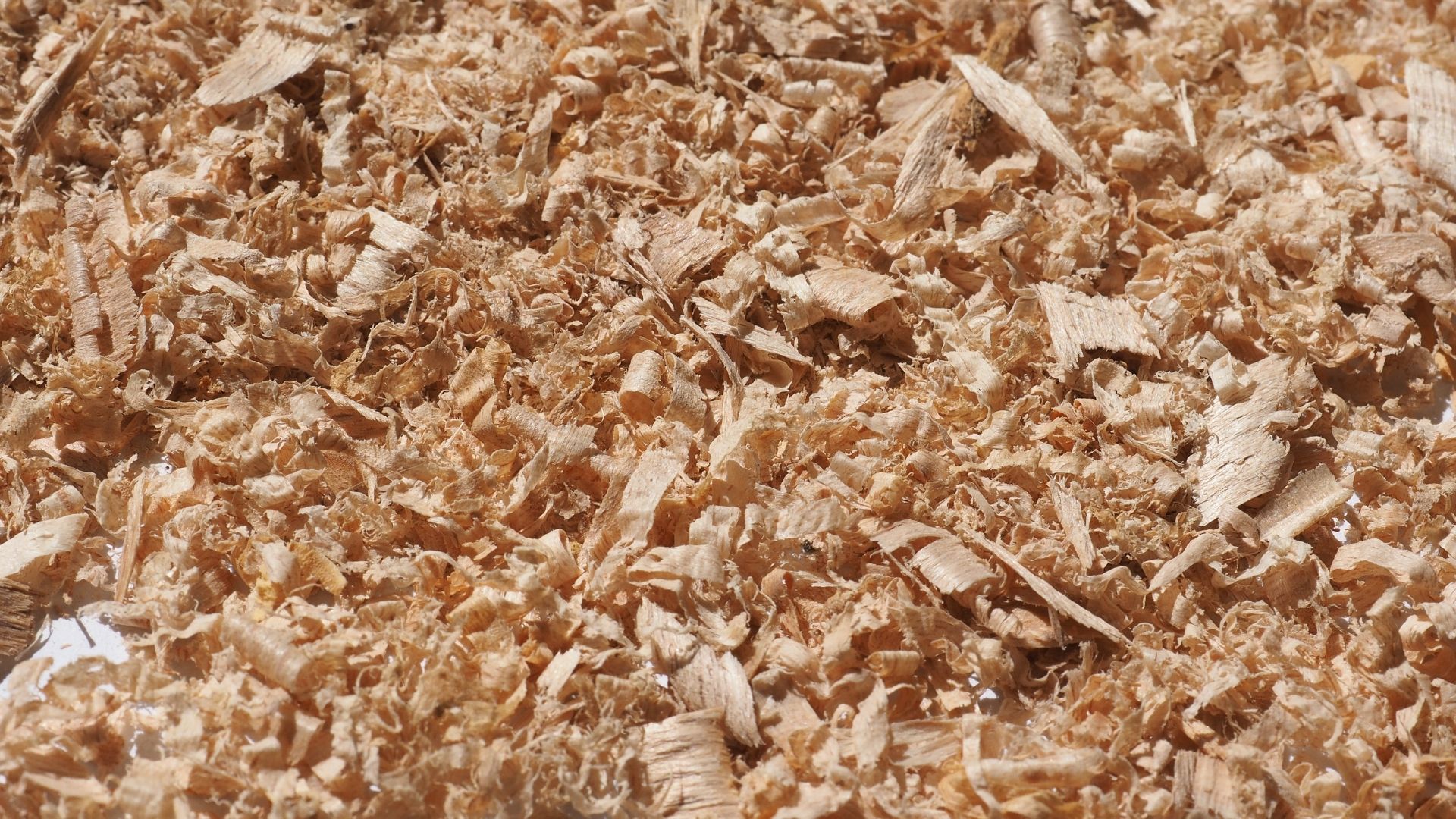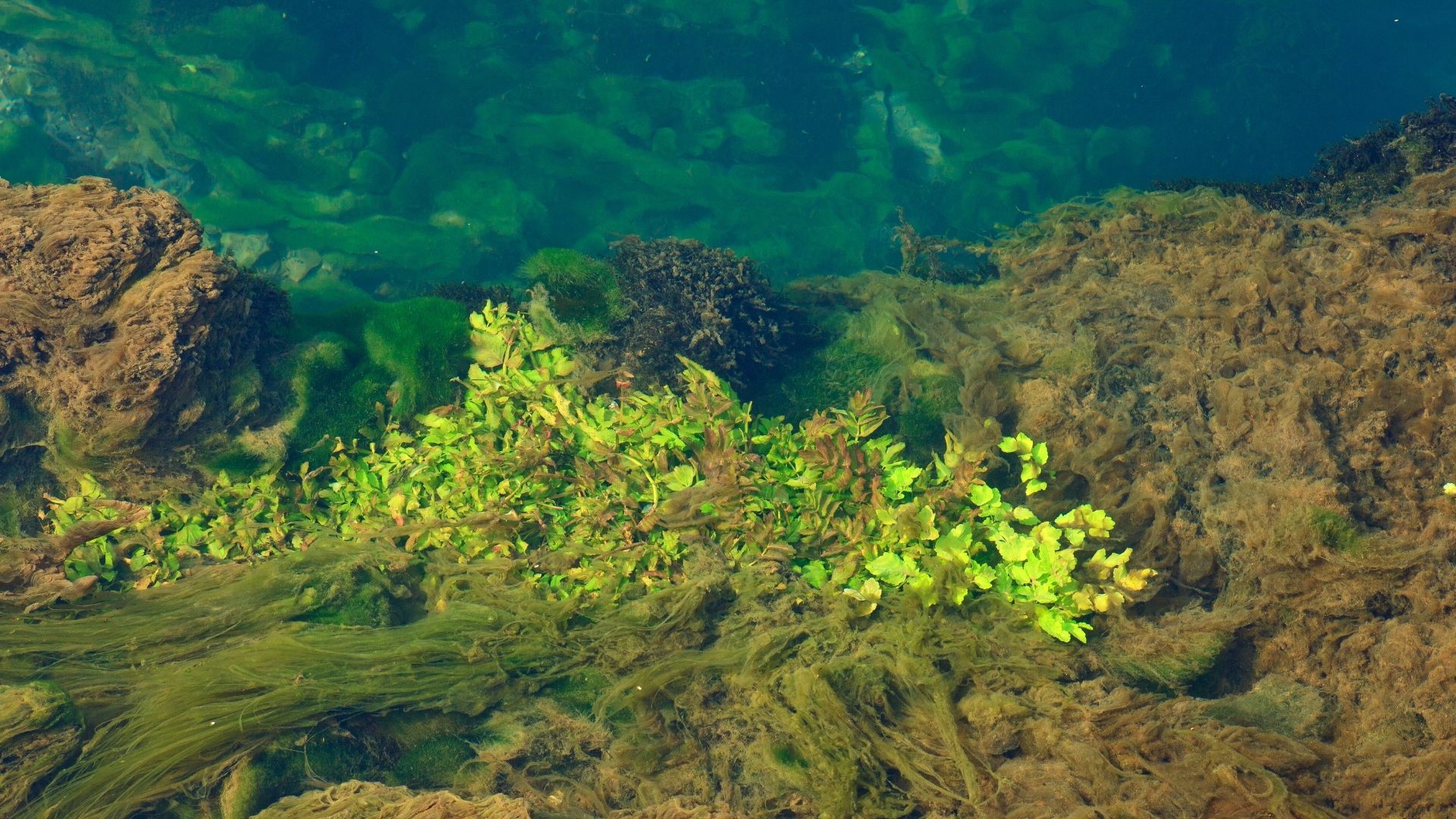The journey to decarbonised aviation begins!
We are committed to revolutionising the Aviation Fuel Industry
Clean Jet fuel transpiring to reality
Foreseeing the rise in demand for SAF in the near future, GSE Energies is a company based in Hong Kong focusing on the development of sustainable aviation fuel.
- Clean and progressive.
- Solar Jet Fuel and Biofuels.
- We are dedicated to escort our customers to a greener world.
- Acquiring land for solar jet fuel production sites in process.
- Sustainable Aviation Fuel production is expected to start by July 2022.
Reduced CO2 Emission
How could Global Aviation Industry reduce the CO2 emissions to net zero?
Innovative new designs which are accordant with renewable energy sources.
- New airframe designs which improve aircraft efficiency in addition to increased cabin volume thereby providing adequate space for sustainable propulsion systems like electric-fuel hybrid planes or fully electric systems.
- Hydrogen-based fuel systems and electric aviation are still years away
- Use of renewable or green fuels – possible to achieve in near future

Agricultural residue

Oil seeds

Forestry residues

Municipal solid waste streams

Wood mill waste

Algae
Renewable Energy
Sustainable Aviation Fuels:
Sustainable aviation fuels – the best option of the Aviation sector to reduce its carbon emissions– produced from feedstock ranging from agricultural residue to carbon removed directly from the air.
Hydrocarbon fuel to decarbonise aviation sector
Produced by using concentrated solar heat which converts carbon dioxide and water, the mixture of which is called syngas (hydrogen and carbon monoxide) is then processed into jet fuel. The solar jet fuel is totally congruent with existing global fuel infrastructure and could give rise to a zero-emission future for the aviation industry.
Liquid drop-in fuels are substitutes for conventional jet fuels which do not call for refitting engines or design of new aircraft. Sunlight being the prime source for production of solar jet fuel, desert areas are the best-suited sites.
Green Heart Water, a GSE sponsored and co-developed project
100% Recyclable made with 88% sustainable materials
Green Heart natural still water is an environmentally friendly alternative to plastic bottles which harm our planet. All water is supplied in the most eco-friendly plant based packaging available.
Several European countries aim for a sustainable aviation fuel mandate that will demand a certain percentage of consumed jet fuel from renewable sources.
Norway & Sweden are already initiated. In January 2020, Norway introduced the first SAF blending mandate. It demands just 0.5% initially but targets 30% SAF by 2030. Sweden followed with a mandate beginning at 0.8% in 2021 and increasing to 27% by 2030. Other countries anticipated to follow are Denmark, Finland, the Netherlands, Spain and others.
The market has already begun moving in the right direction, with support from more politicians, airlines and customers in regard to SAF expansion.
In 2021, Boeing committed that its commercial airplanes will be capable of and certified to fly on 100% sustainable aviation fuels by 2030.
Today, sustainable aviation fuels are mixed directly with conventional jet fuel up to a 50/50 blend — the maximum allowed under current fuel specifications.
The International Civil Aviation Organization (ICAO), is expected to commit to 10% sustainable aviation fuels by 2030 at its 41st General Assembly, this year (to be held on 27 September- 7 October 2022)
